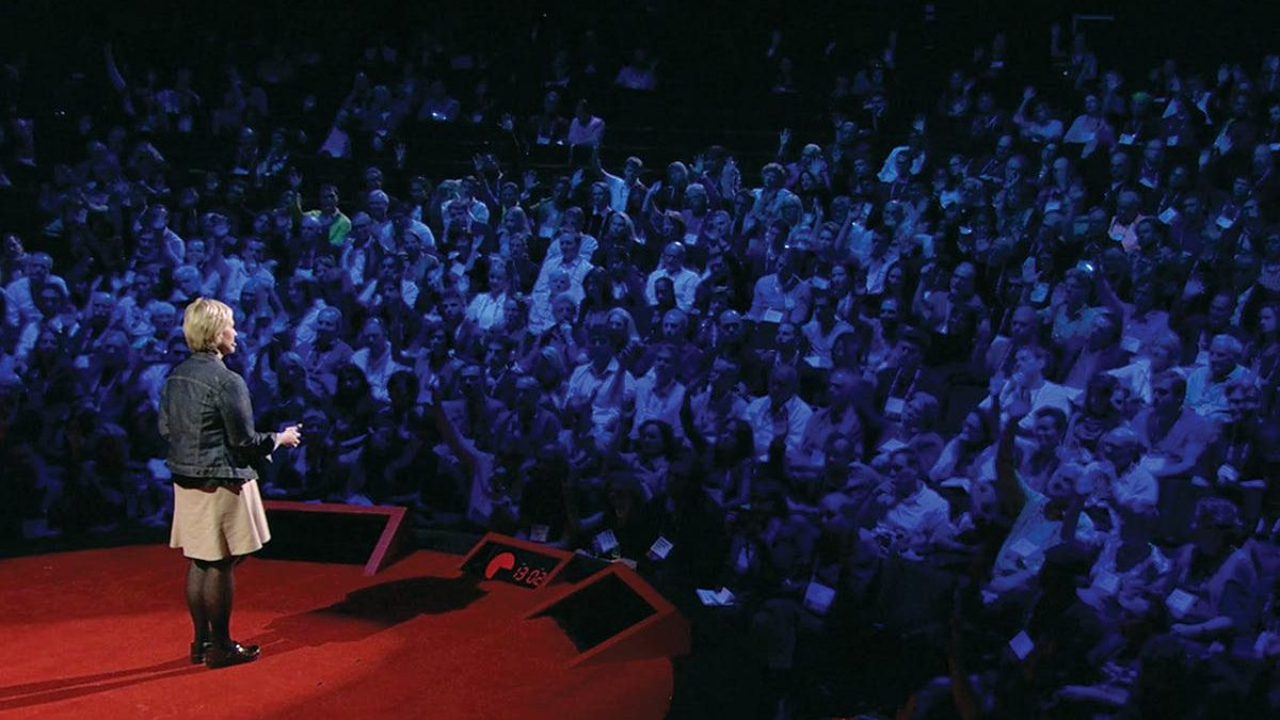The cheetah and, unexpectedly, my mother

The tragedy of the cheetah is that it doesn’t even know that it’s the fastest land animal.
It’s champion of the world, yet it has no way of knowing it.
I hate that. It’s odd, but I really do.
It’s similar, at least in my mind, to Lincoln not living to see the end of the Civil War or Roosevelt not living to see the end of World War II.
It’s not unlike all the writers – Kafka, Plath, Thoreau, Dickinson, Poe, Hurston, Melville, and so many more – who never knew fame or even recognition while alive.
Not unlike artists like Van Gogh and Monet, scientists like Galileo and Mendel, and musicians like Bach and Redding, whose names were unknown to the world during their lifetimes but are giants of their craft today.
It’s also not unlike my mother, who died before meeting my children, reading any of my books, or ever seeing me perform onstage.
That last one just occurred to me. I knew that my mother had died before ever seeing any of these things, but I hadn’t connected her death to my thoughts on the cheetah until just now.
Except it probably didn’t just occur to me. It was probably the reason why I lamented the plight of the cheetah in the first place. Our first thoughts – those that hover on the surface of our mind – are quite often our least important thoughts. They are the thoughts that conceal the truth so well.
Revelations like this – the inability of the cheetah to know its greatness is akin to my mother never seeing what became of her son – happen so many times for those of us fortunate enough to write and speak and tell stories about our lives on a daily basis. The reasons we do anything are often not the reasons we think we are doing anything. It’s only through the thought, contemplation, puzzling, and connections made while writing and speaking that we are able to plumb the depths of our lives and see our true selves.
I started writing this a few minutes ago, thinking I’d write something amusing about the cheetah and move on.
Then I realized that the cheetah’s plight is not unlike the plights of so many others – artists, writers, scientists, and more.
Then I realized that I had been drawn to the cheetah’s plight because of the heartache I constantly feel about my mother.
This is why I write. We write to discover what I’m really thinking and feeling.
It’s why you should write, too.











 Receive Helpful Storytelling Tips
Receive Helpful Storytelling Tips